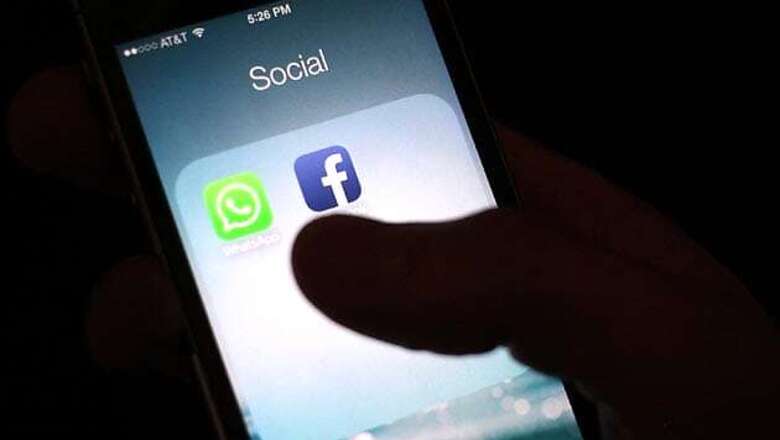
views
New Delhi: Facebook's $19 billion deal (Rs 1,16,000 crore) to acquire WhatsApp may face a detailed scrutiny by the country's fair trade regulator CCI, especially since both players have significant presence in India.
The world's largest social networking site Facebook has around 1.2 billion members globally while WhatsApp - a platform that allows exchange of messages and files through mobile phones free of cost - is estimated to have 450 million users worldwide.
All merger and acquisition deals, involving companies having India presence, have to get approval from the Competition Commission of India (CCI) which has the mandate to keep a tab on unfair trade practices at the market place.
A senior official said the Commission is yet to receive an application seeking approval for the deal, but it would indeed face an elaborate scrutiny.
Both Facebook and WhatsApp have substantial number of customers in India and they may soon file a notice with CCI to seek its clearance for the deal.
While India has nearly 93 million Facebook users, the count of people using the popular WhatsApp service is around 40 million in the country.
Meanwhile, concerns are already being raised in certain quarters about privacy issues post deal. Privacy groups in the US have asked American fair trade regulator FTC to put the deal on hold and probe how the social media giant plans to use subscriber data.
US-based Electronic Privacy Information Center (EPIC) and the Center for Digital Democracy (CDD) have asked the Federal Trade Commission to investigate WhatsApp and enjoin its "unfair and deceptive data collection practices" for any future changes to its privacy policy.
Announcing the deal to acquire WhatsApp last month, Facebook said it would help accelerate growth and user engagement across both companies.
As per the deal, Facebook would shell out USD 16 billion, including USD 4 billion in cash and approximately USD 12 billion worth of shares for WhatsApp acquisition.
Besides, the social networking major would provide additional USD 3 billion in restricted stock units to WhatsApp's founders and employees that would vest over four years subsequent to closing.




















Comments
0 comment